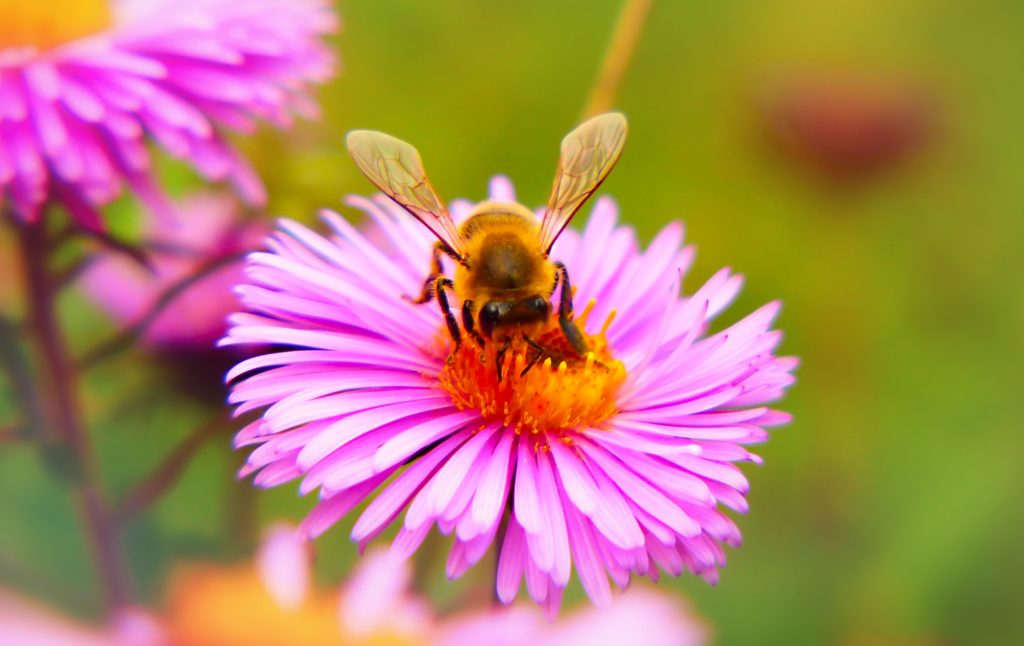Neonicotinoid insecticides threaten bees all over the Green Mountain State – which has serious implications for all of us. For instance, the UN just published a sobering report that highlights how crucial biodiversity is and how human activity, like the use of pesticides, is hurting biodiversity around the world. Just as concerning is the fact that over 75% of crops and plants around the world require animal pollinators – so when bee populations decline that means trouble for our food system. The bottom line is that without pollinators, our food supply and natural environment are severely threatened.
Over 46 million pounds of Neonic pesticides are used in the US annually in a variety of green spaces and the effects on bees can be devastating. These effects include, but are not limited to:
· Impaired locomotion and foraging
· Increased mortality rates
· Decreased immunity
· Impaired feeding
· Decreased nest construction
· Decreased brood production
The federal government has refused to protect pollinators by putting restrictions on the use of Neonics. So, a number of states are stepping up to act while we still have pollinators to protect. Connecticut was the first state to pass legislation restricting the use of Neonics in 2016 and Maryland followed suit with a law that took effect in January 2018.
Now Vermont lawmakers have stepped up as well. Governor Scott just signed into law a bill (H.205) that classifies Neonics as restricted use – meaning only those who are certified to use the chemicals would be able to purchase and apply them. Safer alternatives to these chemicals are easy to find, which means that homeowners won’t have to suffer a great hardship by going without a toxic pesticide that threatens the bees.
We need a stable food supply and a wide range of biodiversity. Without bees and other pollinators, we won’t have that. H.205 is one step in the right direction. We thank Gov. Scott and members of the House and Senate for standing up for pollinators and people alike.

